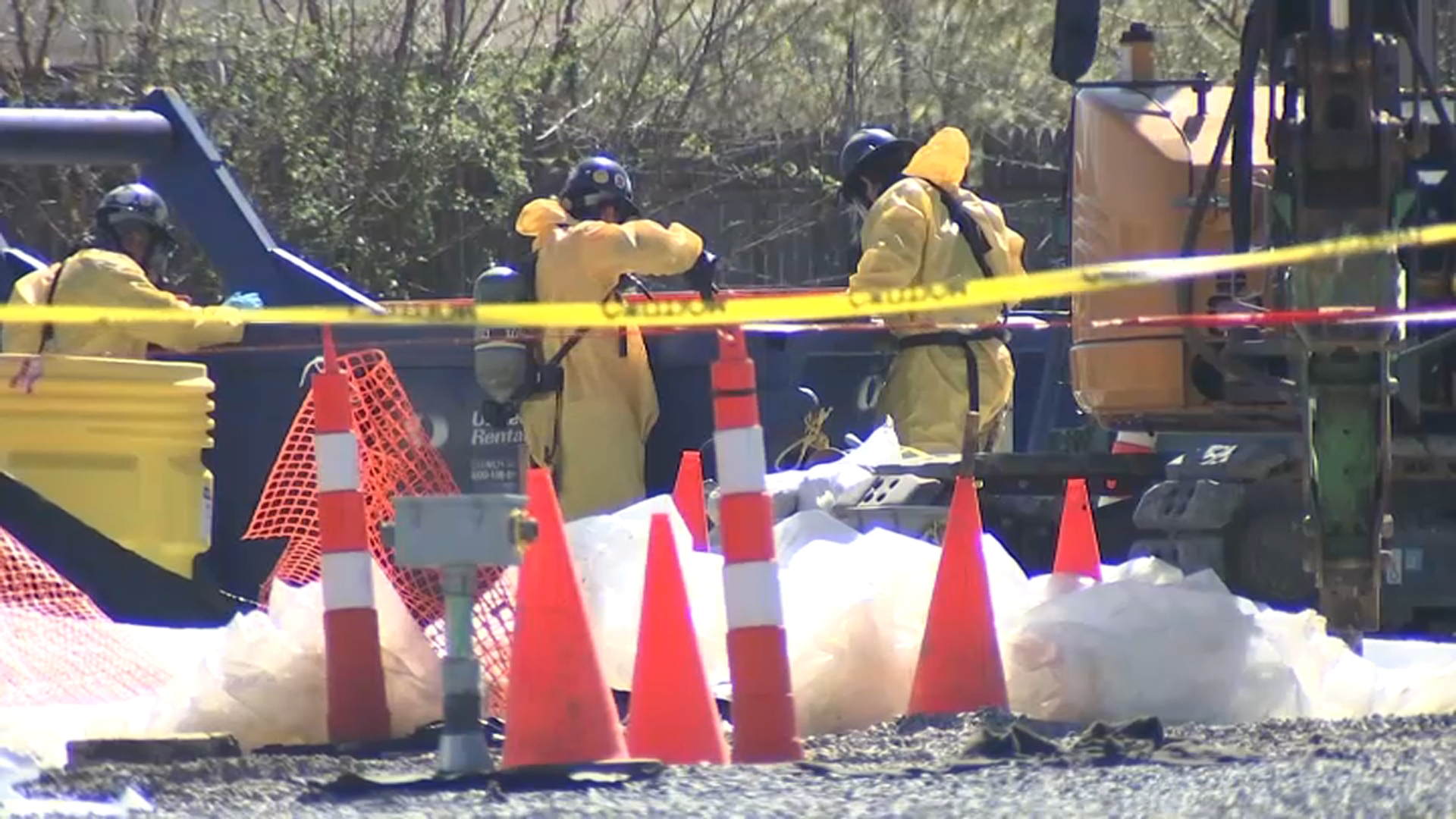What to Know
- Authorities in NJ took down an alleged ring trafficking “ghost gun” assault rifles and dealing cocaine, the state’s attorney general said
- The arrests are part of Operation Stone Wall — a yearlong investigation led by the Division of Criminal Justice and New Jersey State Police
- Out of the 12 arrested, four were charged for gun trafficking. They allegedly conspired to sell six “ghost gun” AR-15- style assault rifles
Authorities in New Jersey took down an alleged ring trafficking untraceable "ghost gun" assault rifles and dealing cocaine, the state’s attorney general and several law enforcement agencies jointly announced Monday.
The arrests are part of Operation Stone Wall — a yearlong investigation led by the Division of Criminal Justice and the New Jersey State Police.
Out of the 12 men arrested, four were charged with gun trafficking. They allegedly conspired to sell six “ghost gun” AR-15- style assault rifles for prices ranging from $1,100 to $1,300 each — twice the price the styles of guns go for on the legal gun market, Attorney General Gurbir S. Grewal said Grewal said.
“Ghost guns” are untraceable guns assembled from kits purchased online.
“They are not registered. They don’t have serial numbers and they are sold without any background check process whatsoever,” Grewal said.
These are the first “ghost gun” seizures and arrests under New Jersey’s new law making it a crime to build, possess or sell ghost guns in the state.
Local
“The reason why we sought that law and the reason why the governor and the legislature stepped up to pass it and enact it is because “ghost guns” are a real and dangerous menace,” Grewal said. “They offer criminals, convicted felons, terrorists, domestic abusers — people who we all agree should not own firearms — the ability to access them.”
According to Grewal, when officials sought to enact the law, they were aware that criminals were searching for these types of guns and that “ghost gun” manufacturers were allegedly exploiting loop holes within state law to give criminals access to them.
Operation Stone Wall began in early 2018 as an investigation into an alleged cocaine distribution ring in Lindenwold, Deputy Director of the Division of Criminal Justice Jill Mayer said. However, the investigation took a turn when it was revealed that certain members of the alleged ring were trafficking “ghost guns.”
Operation Stone Wall eventually led to the arrest of 12 men — 10 of whom are charged with distributing drugs, primarily cocaine, and two of those 10 individuals are also charged with trafficking “ghost guns,” along with two other men who are charged solely in connection with illegal trafficking of “ghost gun” AR-15 assault rifles, Grewal said.
The arrests made from March 8 to March 14.
According to prosecutors, the men allegedly shipped the parts to Pennsylvania to get around New Jersey’s new law banning “ghost guns.” Those parts were intercepted by authorities in Bensalem, Pennsylvania, last Wednesday.
State, county, local and federal law enforcement agencies collaborated in Operation Stonewall. New Jersey State Police Colonel Patrick Callahan said about 12 agencies took part in the investigation.
“There is simply no mistaken the connection between the drug trade and illegal guns,” Grewal said.
Monday’s announcement “underscores the need to continue our efforts to hold manufacturers accountable for helping evade background checks and registration requirements and for putting dangerous, untraceable weapons in the hands of criminals in New Jersey,” Grewal said.
The four men charged in connection with weapon trafficking each face second- and third-degree charges related to the unlawful possession and sale of assault rifles, Mayer said. They are also charged under the new “ghost gun” statute with unlawful possession of a covert, undetectable firearm and unlawful manufacture, transport and disposition of a covert, undetectable firearm.
Second-degree charges carry a sentence of 5 to 10 years in prison and third-degree charges carry a sentence of three to five years in prison.
Additionally, some of the detained are facing narcotics charges including those in the first-degree, which carry a sentence of 10 to 20 years in state prison and a fine of up to $200,000.



